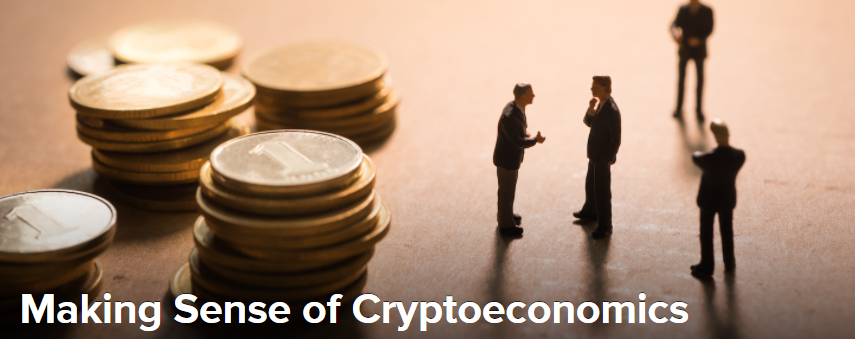2018: The Year Blockchain, AI and IoT Converge

2017 was the year that cryptocurrency became mainstream.
But what’s even more exciting to many of us who have been investing in the sector for the past several years is the development of the underlying technology.
Blockchain technology, which powers most cryptocurrencies, is in nascent stages. This past year, we started seeing some early proof points of how this new infrastructure can be used, including the announcement by the Australian Securities Exchange that it would replace its current post-trade settlement process with a blockchain system, after running both concurrently.
This reminds me of the process large enterprises went through in the late 1990s and early 2000s as they moved from client-server software to web-based software, transitioning their supply chain and procurement processes online. They conducted extensive return on investment (ROI) studies to justify the upfront cost of replacing current systems. Twenty years later, the ROI is obvious, but many companies viewed the risk as significant at the time.
I believe we’ll continue to see more companies across more industries in 2018 take a look at how blockchain technology can create efficiencies (and potentially new business models in the future).
When I launched Future\Perfect Ventures in 2014 around the thesis of decentralization, I was most excited about the combination of blockchain with other emerging technologies, including machine learning/AI, security and internet of things. In this way, I expect 2018 will be the year that we start to see the convergence of these technologies to truly create the decentralized computing and communications platforms of the future.
Decentralization, by its very nature, requires that more intelligence shifts to nodes instead of residing in one central server.
We will continue to see the development of semiconductors that are capable of advanced computing in smaller and smaller devices. As devices at the edge become smarter, the smart contracts enabled by blockchain platforms will work better with more advanced data analytics capabilities.
I see a mini-brain in each of our devices, ranging from simplistic ones to ones capable of processing larger datasets and making decisions based on that data.
The open availability of more data and smarter processing at the nodes will enable broader datasets available to more companies and people, instead of proprietary data ownership that currently exists within companies such as Facebook and Google. More importantly, that data will be diverse and representative of the world we live in, instead of being filtered by a few companies that reside in one geography.
While this may not all happen within the next year, we have started an inevitable march towards that future, one that will be even more transformative than the internet was.
Weaving machine via Shutterstock











Responses